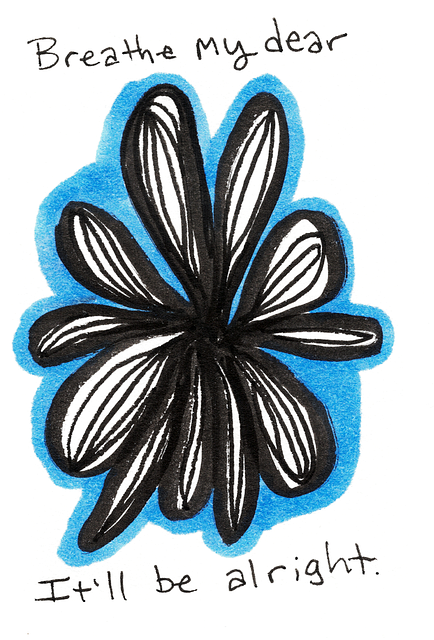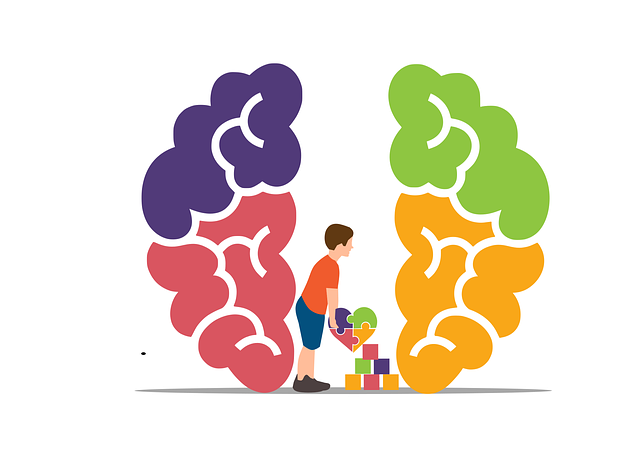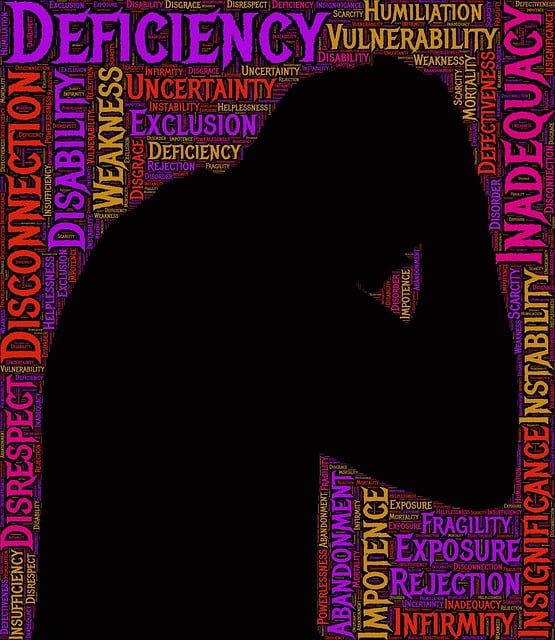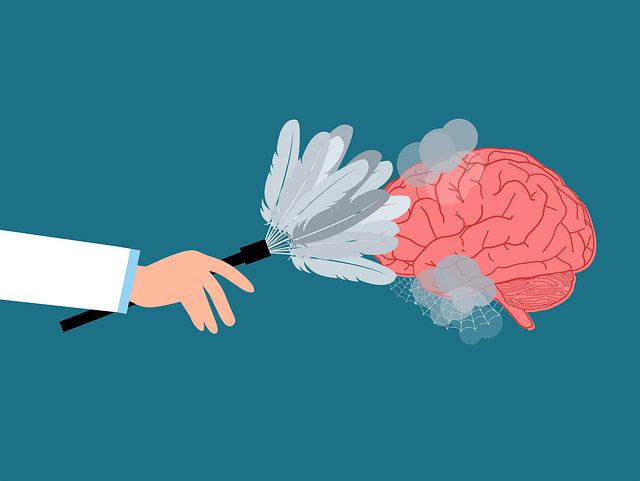Burnout is prevalent among healthcare providers serving Denver's Russian-speaking community due to language barriers, cultural disparities, and limited mental health resources. Studies show high emotional exhaustion and depersonalization rates. To combat this crisis, a strategic approach is needed, including policy advocacy for better access to mental health services, cross-cultural communication training, targeted interventions for provider well-being, and specialized Denver Russian Speaking Therapy. Key strategies for mitigating burnout risk include open communication, work-life balance, self-awareness exercises, community outreach, mindfulness, CBT, and cultural sensitivity. Prioritizing self-care and cultivating empathy through cultural sensitivity builds resilience among therapists, leading to healthier practices and improved patient care.
In the heart of Denver’s diverse community, understanding burnout among healthcare providers serving the city’s Russian-speaking population is paramount. This article explores targeted strategies to combat this growing concern. From cultivating supportive work environments and implementing evidence-based stress management therapies to fostering resilience, these approaches are tailored for sustained practice. Discover practical interventions inspired by Denver Russian speaking therapy, offering a roadmap to mitigate burnout and promote well-being among healthcare providers.
- Understanding Burnout Among Healthcare Providers in Denver's Russian-Speaking Community
- Creating a Supportive Work Environment: Strategies for Prevention
- Evidence-Based Therapies and Interventions for Stress Management
- Building Resilience: Long-Term Solutions for Sustainable Practice
Understanding Burnout Among Healthcare Providers in Denver's Russian-Speaking Community

Burnout among healthcare providers in Denver’s Russian-speaking community is a growing concern. This demographic faces unique challenges, including language barriers, cultural differences, and a dearth of mental health resources tailored to their needs. The stress of providing care in an environment where patients may struggle with mental illness stigma reduction efforts and face communication hurdles can lead to significant burnout rates. According to recent studies, many Russian-speaking healthcare workers in Denver report high levels of emotional exhaustion and depersonalization, symptoms indicative of burnout.
Addressing this issue requires a multi-faceted approach. Mental health policy analysis and advocacy are crucial to ensuring better access to services and reducing stigma within the community. Social skills training can facilitate effective communication between providers and patients, fostering a more supportive therapeutic environment. By implementing targeted interventions and providing adequate support, Denver Russian speaking therapy services can combat burnout, improve patient care, and enhance overall well-being among healthcare providers in this underserved community.
Creating a Supportive Work Environment: Strategies for Prevention

In creating a supportive work environment, healthcare providers can significantly mitigate burnout risk. One key strategy is fostering an atmosphere of open communication and collaboration. Encouraging regular check-ins among staff members allows for sharing experiences, expressing concerns, and offering mutual support—a practice that can be particularly beneficial in diverse settings like Denver Russian Speaking Therapy practices, where therapists may face unique cultural or linguistic challenges. Additionally, promoting flexibility and work-life balance through reasonable workloads, manageable schedules, and opportunities for remote working can enhance job satisfaction and reduce stress levels.
Self-awareness exercises and resilience-building activities play a crucial role in burnout prevention. Providing resources for therapists to engage in mindfulness practices, stress management techniques, or even artistic outlets like writing or painting can help them process emotions and maintain emotional well-being. Implementing community outreach program initiatives that connect therapists with support networks outside of work—whether through professional associations, peer support groups, or volunteer opportunities—can further strengthen their resilience by fostering a sense of belonging and purpose beyond their healthcare roles.
Evidence-Based Therapies and Interventions for Stress Management

Healthcare providers face significant challenges that can lead to burnout if not effectively managed. Evidence-based therapies and interventions play a crucial role in stress mitigation and fostering resilience among medical professionals. One such effective approach is Denver Russian Speaking Therapy, tailored for healthcare workers who seek specialized support. This therapy combines traditional techniques with a culturally sensitive perspective, enabling practitioners to manage stress, improve communication skills, and enhance overall well-being.
By incorporating evidence-based practices, healthcare providers can develop robust resilience-building strategies. These may include mindfulness techniques, cognitive behavioral therapy (CBT), and group therapy sessions that focus on effective communication strategies. Such interventions not only help in managing immediate stress but also equip medical professionals with long-term coping mechanisms, ensuring they can navigate the demanding nature of their work while maintaining a healthy work-life balance.
Building Resilience: Long-Term Solutions for Sustainable Practice

In today’s demanding healthcare landscape, burnout among providers is a growing concern, particularly within diverse communities like Denver Russian-speaking therapy practices. Building resilience offers long-term solutions for sustainable practice and mental wellness. Encouraging therapists to prioritize self-care is a fundamental step; this includes integrating regular Mental Wellness Journaling Exercises into their routines. By documenting experiences, emotions, and reflections, therapists can gain valuable insights into their own well-being and identify potential burnout triggers.
Additionally, fostering Cultural Sensitivity in Mental Healthcare Practice is essential for building resilience. Therapists should be equipped with empathy-building strategies that bridge cultural gaps and promote understanding among diverse patient populations. This approach not only enhances therapeutic relationships but also enables providers to offer more personalized and effective care. Such practices contribute to a healthier work environment and foster a sense of belonging, ultimately supporting therapists’ long-term resilience in Denver Russian-speaking therapy settings.
Burnout among healthcare providers, particularly within Denver’s Russian-speaking community, is a pressing issue that demands tailored strategies. By fostering a supportive work environment and implementing evidence-based therapies, such as stress management interventions, we can address this challenge effectively. Building resilience through long-term solutions not only benefits individual practitioners but also enhances the overall quality of healthcare services in Denver, ensuring a more sustainable and fulfilling professional journey for Russian-speaking therapists.














